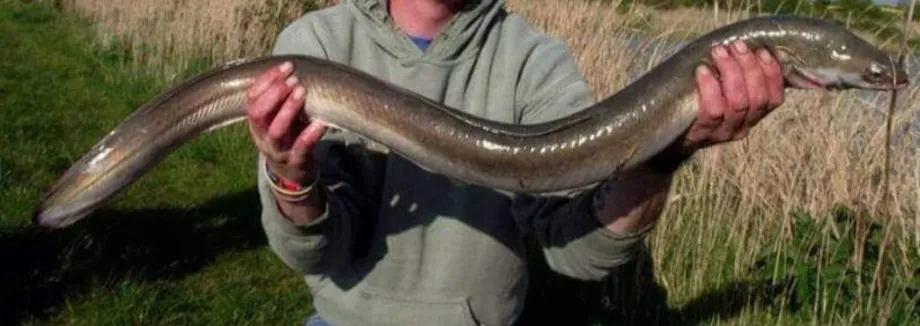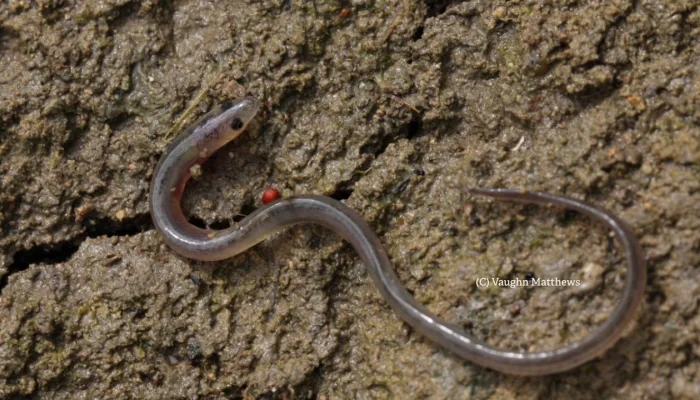
Save Minster Marshes
Emma Waller of Kent Wildlife Trust, who is leading the “Rethink Sea Link” campaign, said: "There appear to be several options for Sea Link, yet the current plans will cause significant disturbance to wildlife at a site with multiple statutory conservation designations that should be protected. Once this wildlife is lost, it is gone forever, so we would strongly urge National Grid to 'Rethink Sea Link' and consider the other options available."
George Cooper of Save Minster Marshes added: “Discovering these endangered eels at Minster Marshes was no surprise; this habitat is a sanctuary for incredible wildlife. It is utterly disgraceful that National Grid plans to destroy this unique and irreplaceable ecosystem when viable alternatives exist.
“This isn’t about necessity; it’s about prioritising profits over people and nature. We urge everyone to stand with us, speak up for wildlife, and join our fight against this act of environmental vandalism."

